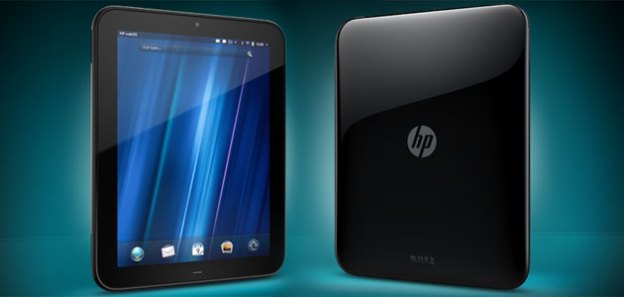
If you missed out on the last round of super-cheap HP TouchPad tablets, you may be in luck. According to DigiTimes (via PreCentral), HP plans to produce 100,000 to 200,000 more TouchPad units, as a way to clear out the inventories of its component suppliers. The next and final round of TouchPads is allegedly set to arrive sometime in October.
News of the additional TouchPad production follows an announcement by HP that it would revive the discontinued TouchPad for a limited time.
While the TouchPad launched with some promising buzz, the device utterly failed to make a dent in the tablet market, which is still dominated by Apple’s iPad and iPad 2 devices. At least, it failed to make a dent until HP slashed the price of the TouchPad from an original $499 all the way down to $99. (Prior to the $99 price, HP had cut the price twice before, first to $449 and then to $399.)
Once the 16GB TouchPad was listed for $99 (or $149 for the 32GB model), people couldn’t help but buy one. Sure, the device has some serious downsides. (It’s frustratingly slow. Fortunately, you can fix that in just a few easy steps.) But a $99 tablet is just too good of a deal to pass up.
Because of the instant popularity of the extra-cheap TouchPad, many speculated that HP would bring back the device in full-force; that the firesale price was simply a ploy to build a base of users, therefore creating a better launching pad from which to compete with Apple’s Goliath tablets.
It doesn’t look like that’s happening. As PreCentral notes, however, HP may have already sold as many as 800,000 TouchPad units. If the company manages to sell another 200,000 (and, if they only cost $99 or $149, then they easily will), then it’s possible that webOS could become the world’s second most-used tablet operating system — until Amazon launches its Android-based tablet, at least.
For those of you who already have a TouchPad, check out our guide to what to do with it, here.


